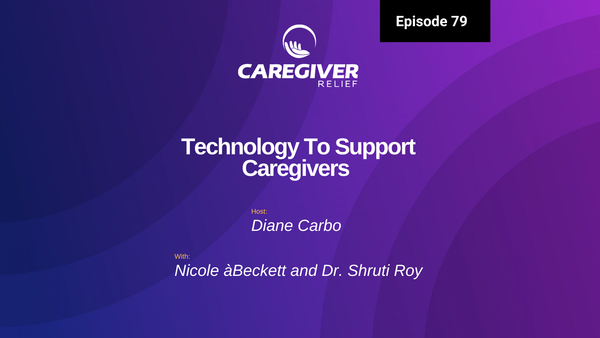Family Communication, Eldercare Dealing With Family Dynamics
Learn how to overcome the challenges of family dynamics during eldercare meetings. Get tips on how to prepare for potential conflicts, develop a care plan, assign responsibilities and create an emergency plan. Download our free guide for more effective family communication strategies

Effective communication to overcome family dynamics
Effective family communication is a cornerstone when addressing the intricate challenges of family dynamics within the context of eldercare. In this guide, we will explore the essential steps required to conduct successful elder home care meetings while fostering unity and understanding among family members. By emphasizing open dialogue and collaborative problem-solving, we aim to ensure the well-being of aging loved ones within a safe and loving environment.
Preparation for the Meeting
Before embarking on the family meeting journey, it is crucial to establish a solid foundation for productive discussions. Consider the following steps:
- Clarify the Meeting's Purpose: Clearly state that the primary objective of the meeting is to devise solutions that align with the wishes of your aging loved one. Stress the importance of collective involvement in achieving this goal.
- Note-Taking Volunteer: Prior to the meeting, designate a volunteer responsible for taking notes and recording assigned tasks for each family member.
- Distribution of Meeting Notes: Assign someone to distribute meeting notes via email, mail, or in person to ensure everyone remains informed.
- Master Schedule Creation: Appoint the most organized family member to develop a master schedule. Include essential items such as doctor appointments, social events, and medication refill reminders. Assign individuals responsible for each task directly on the calendar.
- Scheduling Future Meetings: Encourage all attendees to bring their calendars to schedule the next family communication meeting. These meetings should be held regularly, with the frequency (monthly or every other month) determined by the family's needs. Some meetings can be conducted remotely, while others may require in-person attendance to address more complex issues as they arise.
Effective Family Communication During the Eldercare Meeting
During the family meeting, it's crucial to approach the discussions with clarity, conciseness, and a shared sense of purpose. Here are key elements to consider:
- Presentation of the Situation: Begin by presenting the situation straightforwardly, highlighting the collective family challenge in caring for your loved one. Emphasize the need for collaborative solutions.
- Inclusivity: Stress the importance of including every family member in the care plan development process.
- Topic Discussion: Address each topic related to your aging loved one's wishes and explore potential solutions. Limit the number of proposed solutions to one or two options, which may involve compromises and potential challenges.
- Shared Responsibility: Emphasize that the end goal is for everyone to share responsibility in caregiving, ensuring the safety and well-being of your aging loved one.
- Responsibility Assignment: Assign tasks to family members based on their strengths and availability. Group related responsibilities together to ensure continuity and prevent tasks from falling through the cracks.
- Community Resource Exploration: Assign a family member the task of exploring community resources, senior programs, services, and volunteer groups in the area. Additionally, consider professional home health care options.
- Flexibility: Emphasize the need for flexibility among family members. While temporary task exchanges are acceptable, each member should fulfill their responsibilities upon their return.
- Adaptability: Acknowledge that the care plan may need to adapt as your aging loved one's needs and medical condition change. Prepare for these potential changes ahead of time.
Developing an Emergency Plan
In the midst of discussing your loved one's care, it's essential to have a well-thought-out emergency plan in place. This plan should be a part of your comprehensive caregiving strategy, ensuring that you are prepared for unforeseen situations. During your family meeting, allocate time to discuss the importance of having an emergency plan and emphasize its inclusion as a crucial aspect of your caregiving efforts.
Navigating Family Dynamics
Recognize that family dynamics can be complex, with old issues resurfacing. Keep the focus on what's best for your aging loved one, listening to the message rather than the emotions conveyed. Avoid getting entangled in emotional responses, and maintain focus on the meeting's agenda.
All of our guides, downloads, worksheets, Premium courses
Click Subscribe To Get Started.
Our Resources section can help you find the information and tools that you need. We have courses, videos, checklists, guidebooks, cheat sheets, how-to guides and more.
You can get started by clicking on the link below. We know that taking care of a loved one is hard work, but with our help you can get the support that you need.
Click here to go to Resources Section now!
You might also like this article:







